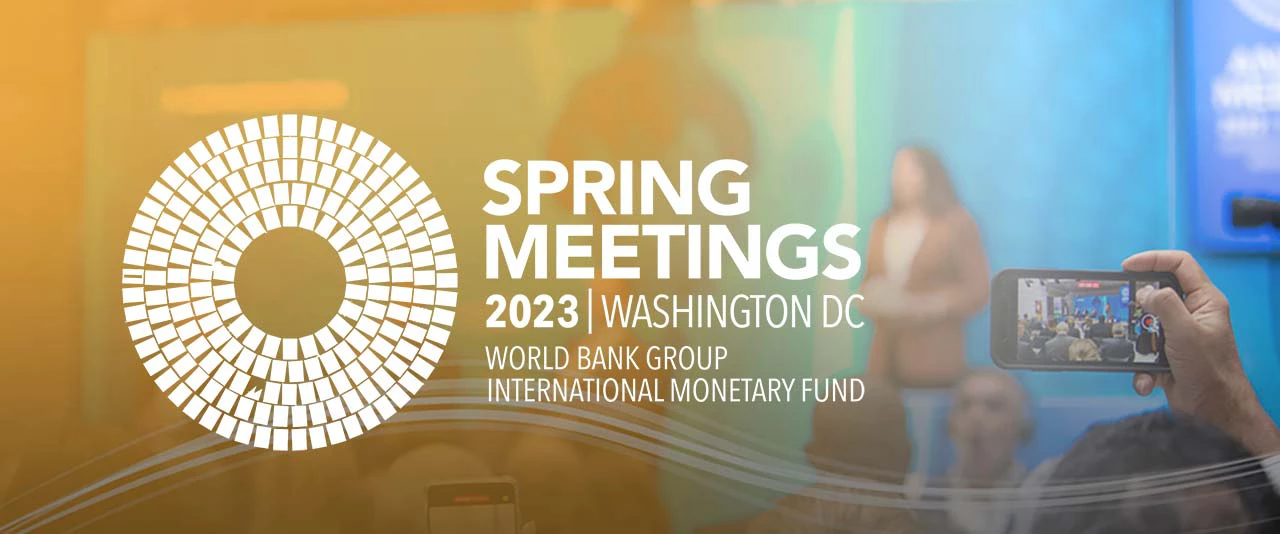Accelerating Development in an Age of Global Crisis
The existential threat of climate change, impacts of the COVID-19 pandemic, the Russian invasion of Ukraine, persistent high inflation and increased fragility have injected volatility and uncertainty into the global economy – a reality that may continue for a while. Join a prestigious panel of speakers to explore central questions around what it will take to address some of the most critical issues of our time including climate change, food insecurity, pandemics, and increasing fragility and poverty. Together, we will look at how development actors are mobilizing public and private financing – especially for middle-income countries (MICs); using knowledge, identifying the right policy interventions; working effectively with partners; and scaling up successful development interventions.

